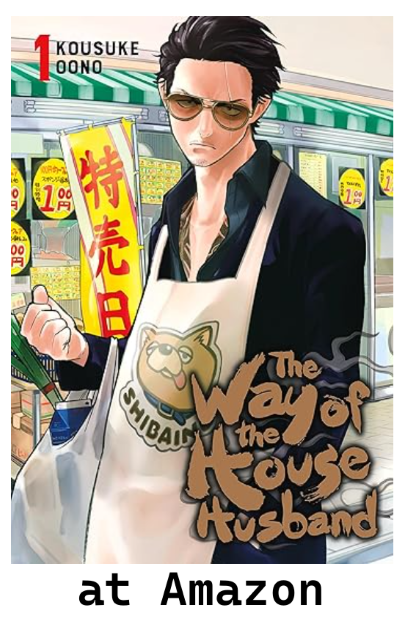Stalker; studio; excerpt
Finally caught up with all my DVR’d episodes of Stalker. Seriously, I am obsessed with the show, pun intended. It’s one of those dramas that you want to catch from the first episode, and it’s a great show for mainlining–binge-watch it, it’ll hit all your taste buttons.
WARNING: There is a bit of a creep factor due to the whole stalking thing, so if you’re easily triggered, it might not be for you. Still, Beth’s backstory keeps me coming back for more. I cannot wait to see what happens next.
*
A cool thing: my dad is talking about putting together an outdoor studio for me. Sure, it will probably be a bit slapped together, because, you know, it’s us, but it’s still a very nice gesture and I find myself a bit excited. There’s a big chance that nothing will come of it, but if he really does follow through…
It will be nice to have somewhere to put together my paper crafts and store my supplies. The biggest drawback of living here is that I’m surrounded by smokers. There are some days when I feel like I’ve rolled around in an ashtray and I can’t help thinking that people can smell me from a mile away.
So to have a place of my own where I can do my work… It will change everything.
I will remain hopeful.
*
Title: Faizel II
Author: Harper Kingsley
Genre: vampire, mm, urban fantasy, dark fic
Summary: Charlemagne loves Faizel. Faizel is fond of Charlemagne. And Ewing feels like he’s watching a train wreck happen in slow motion.
EXCERPT:
“This is a nice place. You’re not worried someone’s going to find out I’m your dirty little secret?” There was a teasing bite to Faizel’s tone, one that made Ewing fight back a wince.
He’d been around enough couple-fights to recognize the warning signs. The minute someone threw a plate, he was leaving. Charlemagne was his friend, not his boss. Not yet anyway, an inner voice murmured, but he pretended not to hear it.
“I hate that I can’t show you the world as I would wish,” Charlemagne said. “You are what is most important to me. I want the world to know that I love you. But it’s too dangerous. I don’t want you to be hurt.”
“I promise you, I won’t be the one hurting,” Faizel said.
Ewing stared at his napkin, pretending to be enthralled by the micro-weave of the linen. Couple-fights were bad enough, but heartfelt romance was almost worse. He wouldn’t have felt as much like an interloper if he was watching them have sex–that was just master vampire exhibitionism. He’d learned how to pretend that he was watching, while really visualizing a play-by-play of his last quest in his favorite RPG.
There was no pretending to be far away when he could hear the emotion in Charlemagne’s voice. He could see that mask of a pleasant expression that Charlemagne wore, but he was also close enough to see the honest love shining in those blue eyes. It hurt to see Charlemagne be so naked, and have the subject of all that emotion be Faizel.
Ewing didn’t trust Faizel not to break Charlemagne just because he could. Yet he couldn’t say anything either, because Charlemagne was in no state of mind to listen. All Ewing could do was alienate his friend, and that wasn’t a direction he wanted things to go.
He’d decided that he would keep an eye on Faizel to make sure he wasn’t hurting Charlemagne. Unless he saw some active abuse, he wasn’t going to step in. No matter how creepy he thought Faizel was.
The best thing that he could do was to bite his tongue. He just worried that he was going to end up biting it clear off. Because while he thought Faizel was a scary vampire-eating monster, Charlemagne would never hear a word against him.
It was a relief when the waiter returned with their food. It gave Ewing something to focus on as he ignored the romantic love story unfolding in front of him. He tried not to imagine that he was watching the true life story of Mickey and Mallory Knox if they happened to be vampires.
My life has gotten strange, he thought, tasting a bright blue foam that exploded with flavor when he touched it to his tongue. But at least the food is good.
/EXCERPT
Curious to meet Faizel? Check out Faizel I on Smashwords or Amazon. It’s $0.99, yo.



